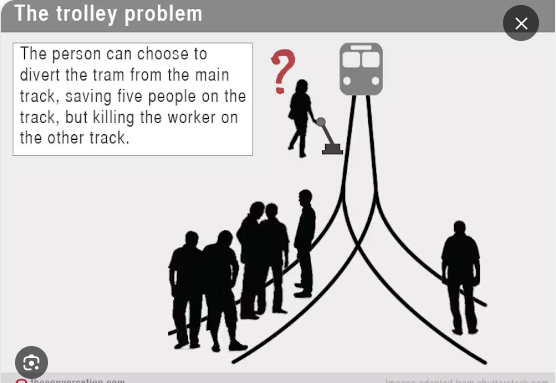DeckArtist
Well-known member
Free will is the short answer to the question. It is all written in the Bible. I am just now at 66 beginning to see that what was written eons ago is truth. I spent many years as an agnostic, but that has changed. Unless you study what is written and talk to others who have been studying it for years, it's very hard to see it as truth [much like a host of other truths that go against 'science' and the teachings of man].If God can clean things up, why did he allow them to get so bad?
RVers who boon-dock have already experience this on a regular basis. Based on the number who are looking to improve their connectivity I'd say, being off line is not considered the be all end all.
Yes, boondockers do know about this and that's one of the reasons I'm going to build a teardrop that is boondock capable. I have a friend from another country who is buying land within a few hours of me and he will be letting me camp there occasionally. There will likely be no internet there unless he gets Starlink or another "satellite" internet service.

